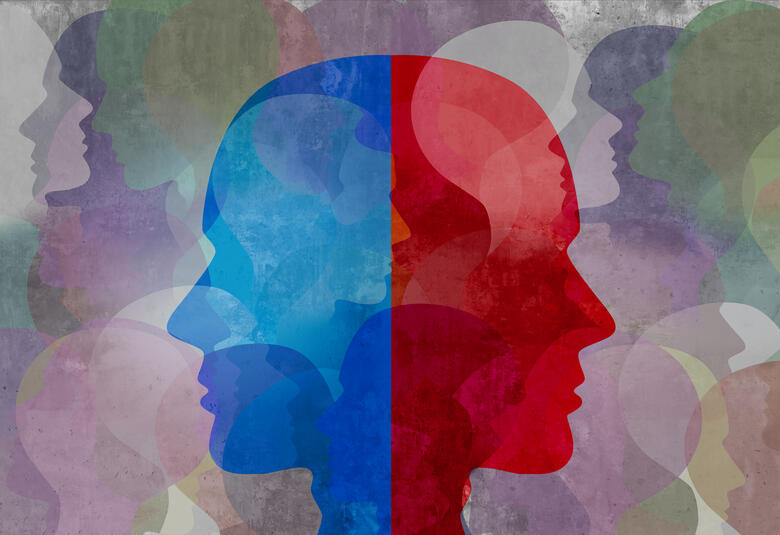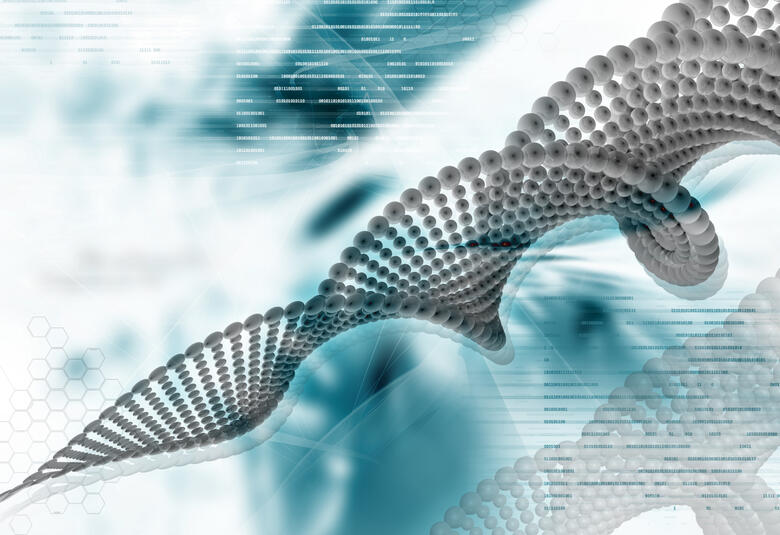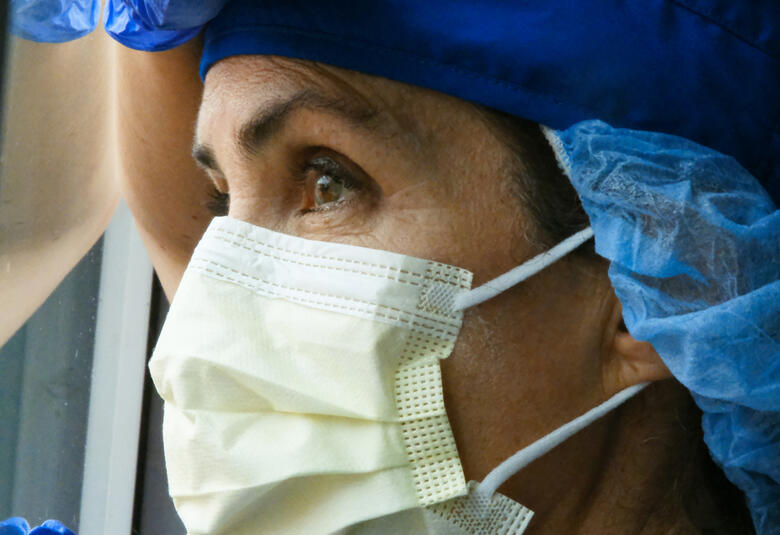Psychotic depression may develop in response to a major traumatic event; such as bereavement or devastating loss of a job, which impacts the biological stress response resulting in high cortisol levels and increased glucocorticoid receptor gene activity. Clinical expression of these biological changes includes the psychotic and neuropsychological features of psychotic depression. Alan Schatzberg, Professor, Psychiatry and Behavioral Sciences, Stanford University School of Medicine, CA and past-president of the APA, shared his extensive expertise on psychotic depression at APA 2018 after being presented with the Judd Marmor Award for his significant and sustained contributions to psychiatry.
Psychotic depression is depression accompanied by psychotic features, particularly:
- delusions of guilt
- delusions of deserved punishment
- delusions of poverty
- nihilistic delusions
- somatic delusions, and
- in one-third of patients, hallucinations, which are typically auditory and transient
It develops in response to a major traumatic event such as bereavement or devastating loss of a job, which affects the biological hypothalamic-pituitary-adrenal (HPA) stress response, explained Professor Schatzberg; and despite treatment, it is associated with a high mortality rate.
Psychotic depression is relatively common
Psychotic major depression affects four in every 1000 individuals
Professor Schatzberg investigated the prevalence of psychotic depression in 2002.1 Among 18,980 subjects in five European countries, the prevalence of a major depression was 2.4%, and 19% of these subjects had psychotic features; that is, psychotic depression had a prevalence of 0.4%.1
The diagnosis is, however, frequently missed, Professor Schatzberg said, because patients hide or are unwilling to share their thoughts (i.e., delusions).
Cortisol levels are high in psychotic depression
Psychosis is associated with high levels of glucocorticoids
More than 35 years ago, Professor Schatzberg and his colleagues investigated late afternoon plasma cortisol levels using the dexamethasone suppression test in 31 controls and 34 patients with psychosis.
They found that cortisol levels were significantly higher in the patients with psychotic depression than in control subjects or in patients with psychosis associated with bipolar depression or schizophrenia.2
More recent research has shown that glucocorticoids regulate DNA, gene transcription and mRNA, explained Professor Schatzberg. They affect approximately 20% of the expressed human genome and have effects on almost every organ and tissue.3 In addition, he noted that high levels of glucocorticoids are known to cause psychosis.
Psychotic depression is associated with cognitive deficits
Psychotic depression is associated with cognitive deficits
The major neuropsychological deficits in non-psychotic depression are story learning, verbal declarative memory, visual memory and visual-spatial perception, attention, executive function and response inhibition, said Professor Schatzberg.
In 2000, he and his colleagues suggested that their data showing significantly impaired attention, response and verbal declarative memory in psychotic depression demonstrated impaired thought mediated by the frontal cortex and mediotemporal lobes.4
Glucocorticoid receptor gene activity is increased in psychotic depression
Glucocorticoid receptor genotype contributes to the severity of psychosis
In 2014, Professor Schatzberg and his colleagues explored HPA axis genetic variation, cortisol and psychosis in major depression.5
Among 40 patients with psychotic depression, 26 with non-psychotic depression and 29 healthy controls, allelic variation for the glucocorticoid receptor gene accounted for a significant variance in mean cortisol levels. Furthermore, glucocorticoid receptor and corticotropin-releasing hormone receptor 1 (CRHR1) genotypes contributed significantly to measures of psychosis, while CRHR1 contributed significantly to depression severity.5
Professor Schatzberg concluded that this understanding of increased glucocorticoid receptor gene activity in psychotic depression may provide a therapeutic opportunity, although more research is needed to illustrate a meaningful clinical effect.




